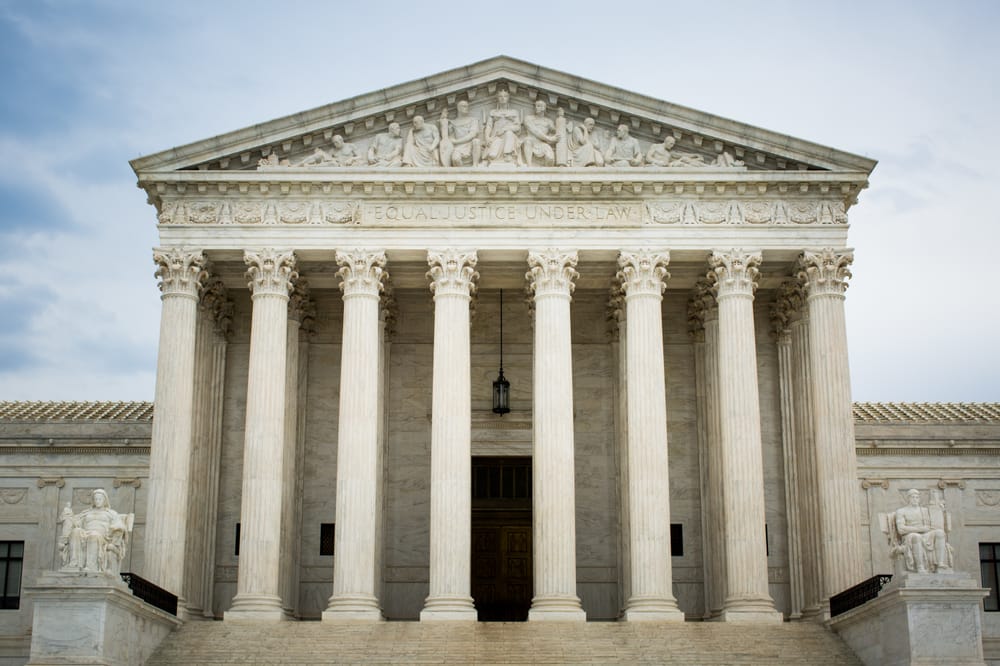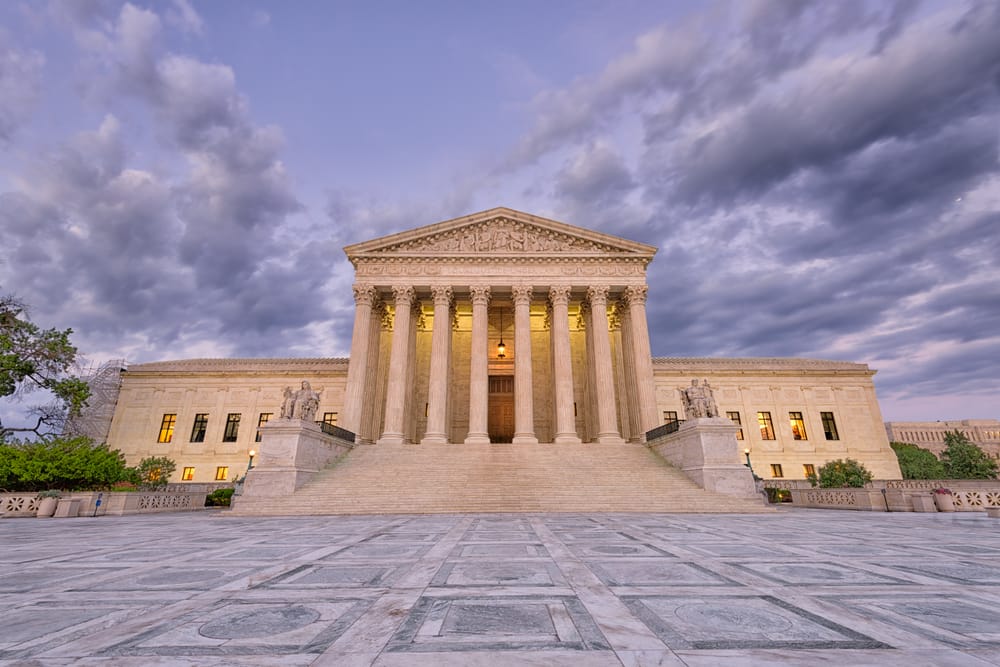The United States Supreme Court, the highest court in the land, has shaped American law and policy through its interpretations of the Constitution since its establishment in 1789. Landmark decisions from the Court have had lasting impact on everything from civil rights and criminal justice to commerce and privacy. Here, we explore 12 landmark cases that have indelibly influenced American society.
Click the link on the case names to further explore on Etalia.ai.
1. Marbury v. Madison (1803)
Significance: Established the concept of judicial review
In this case, the Supreme Court first exercised the power of judicial review—the ability to declare a law unconstitutional. This set a precedent for the Court's authority to interpret the Constitution and acts of Congress.
2. McCulloch v. Maryland (1819)
Significance: Expanded federal power through the Necessary and Proper Clause
When Maryland tried to tax a federal bank, Chief Justice John Marshall ruled that the federal government had the constitutional authority to establish a bank and that states couldn't interfere with federal institutions.
3. Dred Scott v. Sandford (1857)
Significance: Dehumanized slaves and widened sectional divide
In a decision widely considered to be a stain on the Court's history, Dred Scott was ruled to have no standing to sue for his freedom because he was not considered a citizen. This decision intensified national tensions over slavery and contributed to the outbreak of the Civil War.
4. Plessy v. Ferguson (1896)
Significance: Upheld racial segregation as “separate but equal”
This decision upheld the legality of racial segregation, solidifying the "separate but equal" doctrine. It legitimized Jim Crow laws and perpetuated racial inequality for decades until it was overturned by Brown v. Board of Education in 1954.
5. Brown v. Board of Education (1954)
Significance: Ended racial segregation in public schools
This landmark decision overturned Plessy v. Ferguson, declaring that "separate but equal" was inherently unequal. The ruling became a cornerstone for the Civil Rights Movement.
6. Miranda v. Arizona (1966)
Significance: Established the Miranda rights
The Court ruled that suspects must be informed of their rights, including the right to remain silent and the right to an attorney, prior to police questioning. This is why police now issue the "Miranda warning" during arrests.
7. Roe v. Wade (1973)
Significance: Legalized abortion
The Court established a woman's legal right to have an abortion under the Due Process Clause of the Fourteenth Amendment, significantly advancing reproductive rights.
8. United States v. Nixon (1974)
Significance: Limited presidential power
In the aftermath of the Watergate scandal, the Supreme Court ruled that executive privilege is not absolute and cannot be used to withhold evidence in a criminal trial. President Nixon resigned shortly after the decision.
9. Regents of the University of California v. Bakke (1978)
Significance: Affirmative action in higher education
The case upheld the constitutionality of affirmative action but outlawed racial quotas. The Court said that race could be one of several factors in admissions decisions.
10. Obergefell v. Hodges (2015)
Significance: Legalized same-sex marriage
The Supreme Court ruled that the Fourteenth Amendment guarantees same-sex couples the right to marry, making it legal across all 50 states.
11. District of Columbia v. Heller (2008)
Significance: Individual right to bear arms
In a 5-4 decision, the Court ruled that the Second Amendment protects an individual’s right to keep and bear arms for self-defense.
12. Citizens United v. FEC (2010)
Significance: Unlimited corporate spending in elections
This controversial decision allowed corporations and unions to spend unlimited amounts on political activity, effectively erasing many campaign finance restrictions.








